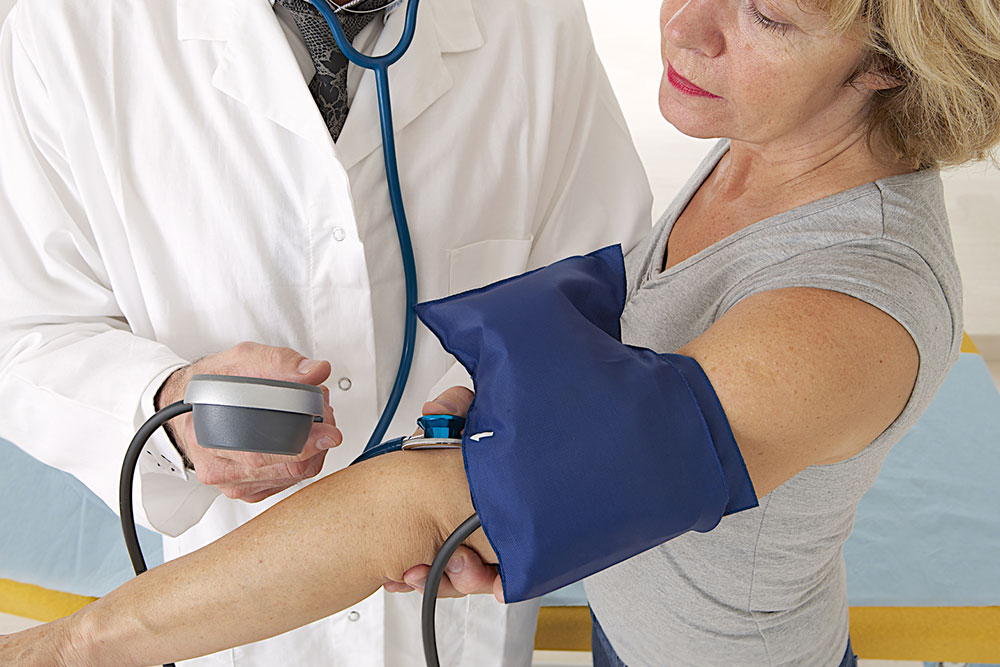5 warning signs of high blood pressure

High blood pressure occurs when the force of blood against artery walls is too high. This can lead to severe complications in the body, such as strokes and heart attacks. It is important to note that high blood pressure can be a concerning health issue because it often does not display any symptoms, particularly in the early stages. Individuals may not even realize they have high blood pressure until it becomes severe.
Severe headaches
One of the most telltale symptoms of high blood pressure, or hypertension, is experiencing severe headaches. It is also a very commonly observed sign. As per a study, headache is a symptom experienced by more than 20% of those with high blood pressure. Headaches occur when blood exerts too much pressure on the arteries in the brain. If one experiences severe headaches, one should consult a healthcare professional on priority.
Chest pain
Experiencing chest pain is a common symptom of high blood pressure. This occurs when the blood pressure is so high that the arteries in the heart do not get enough blood supply. One may even experience heart palpitations as a warning sign of high blood pressure. However, it’s worth noting that chest pain may not necessarily be caused by high blood pressure and could indicate other medical conditions. Regardless, it is an extremely serious symptom and requires immediate medical attention.
Difficulty breathing
High blood pressure can also cause shortness of breath. This happens because an increase in blood pressure can cause a lot of cardiac strain, which can then cause shortness of breath. For individuals with high blood pressure, experiencing difficulty breathing could also be a warning sign of a heart attack or heart failure.
Blurry vision
Medical professionals have identified an important warning sign of high blood pressure: vision difficulties. When blood pressure rises, it can damage the blood vessels in the eye, harming the retina and optic nerve and resulting in blurred vision. Loss of vision is one of the potential complications of high blood pressure. If you experience any visual changes or difficulties, it is important to seek medical attention promptly and not dismiss these symptoms.
Nosebleed
If one experiences unexplained nosebleeds without any injury, it could be a sign of high blood pressure. This happens when the blood pressure increases so much that it can damage the blood vessels in the nose. This then leads to bleeding. As per studies, hypertension can cause an increase in nosebleeds.
High blood pressure, also known as hypertension, is a common condition that affects many people around the world. In addition to the obvious symptoms such as headache, dizziness, and chest pain, there are other warning signs that one should be aware of. These include nausea, vomiting, fatigue, confusion, anxiety, seizures, and blood in urine. Early detection of these symptoms can help prevent serious complications from high blood pressure, prompting the need for medical attention.